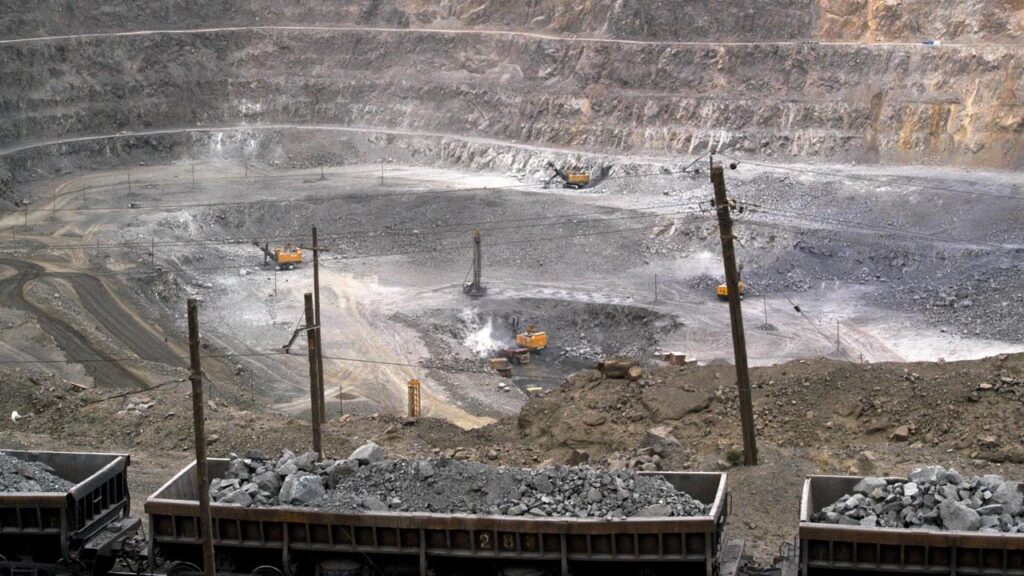
UPDATE: China has just expanded its rare earth export controls, significantly impacting global supply chains. This dramatic move comes just ahead of the anticipated meeting between President Donald Trump and President Xi Jinping later this month in South Korea.
The new regulations, effective from November 8, add five rare earth elements—holmium, erbium, thulium, europium, and ytterbium—to the list of restricted exports. This expansion also includes additional scrutiny for semiconductor users and mandates compliance from foreign producers using Chinese materials. With China producing over 90 percent of the world’s processed rare earths, these restrictions are poised to create ripples across various industries, from electric vehicles to military technology.
Officials from the White House confirmed they are closely assessing the implications of these new rules, which were implemented without prior notice. A White House spokesperson stated,
“This is an apparent effort to exert control over the entire world’s technology supply chains.”
The timing of this announcement is crucial. It follows calls from U.S. politicians for broader bans on chipmaking equipment exports to China, highlighting escalating tensions. Tim Zhang, founder of Edge Research in Singapore, noted,
“This helps with increasing leverage for Beijing ahead of the anticipated Trump-Xi summit.”
China’s Ministry of Commerce has also introduced provisions requiring foreign companies to secure a Chinese export license if their products include or are manufactured with Chinese rare earths, regardless of whether any Chinese firms are involved. This regulatory framework mirrors U.S. restrictions on semiconductor exports to China, indicating a significant shift in trade dynamics.
The new rules will take effect just before a 90-day trade truce with Washington expires, raising concerns about future trade relations. The regulations specifically target products made with advanced chips, such as those used in smartphones and artificial intelligence applications. These restrictions will also apply to research and development in AI with potential military implications.
South Korea, home to major chipmakers like Samsung Electronics and SK Hynix, is currently assessing the situation and is in discussions with China to mitigate the impact of these new restrictions. The South Korean industry ministry has expressed concern over how these regulations will affect their operations and global competitiveness.
As the world watches closely, these latest developments signal a potential structural bifurcation in the rare earths market. Analysts suggest that while China strengthens its domestic supply chains, the U.S. and its allies are likely to accelerate their efforts to establish alternatives to the Chinese rare earth supply.
The implications of these new rules extend beyond economics; they touch on national security and technological innovation. As nations scramble to adapt, the urgency for countries reliant on rare earth elements to secure their supply chains has never been greater.
Stay tuned for further updates as this story continues to develop, especially in light of the upcoming Trump-Xi summit.






